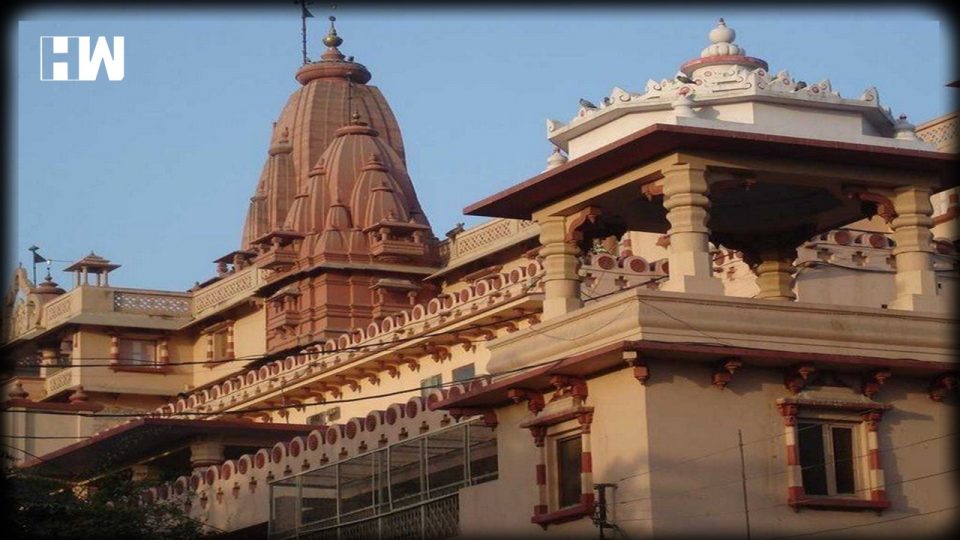Under the Places of Worship (Special Provisions) Act, 1991, the Court of Civil Judge (Senior Division) cited the bar to dismiss the suit.
On Wednesday, a civil court refused to admit a suit that sought to remove the Idgah mosque on the accusation that it was built over the ‘Krishna Janam Bhoomi’, the birthplace of Lord Krishna, LiveLaw reported.
Under the Places of Worship (Special Provisions) Act, 1991, the court Court of Civil Judge (Senior Division) cited the bar to dismiss the suit. The courts are barred from entertaining pleas seeking the conversion of the character of religious places as it stood on the date of Indian Independence, as per Section 4 of the Act.
In the wake of Ram Janmabhoomi movement to construct Ram Temple at the site of the 16th-century mosque Babri Masjid, this act was enacted.
A constitution Bench of the Supreme Court, in last year’s Ayodhya verdict, upheld the constitutional validity of the Places of Worship Act observing that it was enacted to advance the principle of secularism enshrined in the Constitution.
The plea in Mathura Court sought the “removal of encroachment and superstructure illegally raised by Committee of Management of alleged Trust Masjid Idgah with the consent of Sunni Central Board of Waqf at Katra Keshav Dev city Mathura belonging to deity Shree Krishna Virajman.”
Through next friend Ranjana Agnihotri, the suit was filed in the name of ‘Bhagwan SriKrishna Virjman’. The list of petitioners includes 6 other devotees.
“He is minor. He is a juristic person. He can sue and be sued through shebait and in his absence through next friend. It can own, acquire and possess the property. It has every right to protect its property and to recover its lost property through shebait and in absence of shebait through next friend by availing an appropriate remedy in court of law.”
The place of birth of Lord Shree Krishna, ‘Shree Krishna Janmbhoomi’, is the second plaintiff which as per the Plaintiffs has “special significance” in religious scriptures as well as under Hindu law. The other plaintiffs are the devotees.
The petitioners sought to ensure that darshan, pooja, rituals according to Vedic Sanatan Dharma faith, belief, usages, traditions and customs guaranteed under Article 25 of the Constitution of India are performed at the actual birth place of the deity.
“The Plaintiffs have right under Article 26 (Twenty Six) of the Constitution of India to regain, hold and manage the property belonging to, owned and possessed by deity Lord Shree Krishna Virajmaan,” the petitioners argued.
They alleged that in 1968, the Society Shree Krishna Janamasthan Seva Sangh entered into a compromise with the Committee of Management of Trust Masjid Idgah, conceding a considerable portion of property belonging to the deity to the latter.
As an independent media platform, we do not take advertisements from governments and corporate houses. It is you, our readers, who have supported us on our journey to do honest and unbiased journalism. Please contribute, so that we can continue to do the same in future.

